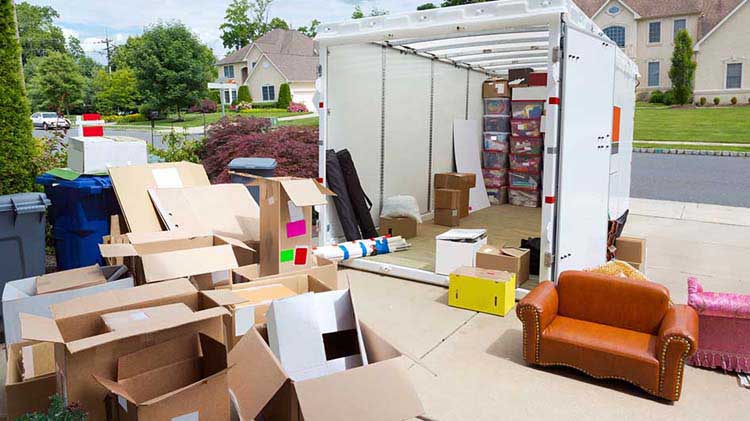What to do if you lose your job
Whether you file for unemployment or rethink health insurance options, here are steps to take if you lose a job.
There are a lot of emotions and questions you might have after losing a job. Whether it was expected or a surprise, you'll have to consider how the loss affects everything from your day-to-day routine to health insurance options, and you'll need to update your resume. Here are some things to think about to protect your finances, now and in the future.
Protecting your finances after losing a job
- Collect all money that's due to you from your employer. Turn in any expense reports, confirm any severance pay and make sure you're credited for any unused vacation, sick or personal time provided in your employer's policies or by state laws.
- File for unemployment benefits immediately. The sooner you complete the paperwork, the sooner you may receive money to help cover bills until you're able to find a new job. (If your job loss was due to a COVID-19 related issue, you may qualify for more assistance.)
- Review health insurance options. COBRA allows you to continue coverage through your employer at your own expense for up to 18 months, or you may elect to use a health insurance exchange. Compare those options, as well as coverage available through a spouse's employer, if applicable. Finally, you can withdraw funds for eligible health care expenses from a health savings account (HSA), if you have one.
- Revise or create a budget. Good starting points include eliminating or reducing expenses to make up for lost income. Ask creditors about alternative payment arrangements, consider getting a short-term roommate and pay your most essential bills first. Don't risk losing your house or health insurance coverage to keep your gym membership or cable TV.
- Consider part-time or freelance work. Be careful to balance the income from this work and any income you may be receiving in unemployment benefits.
- Update your resume. You can also consider utilizing your social media profile to leverage contacts who may know of job openings.
Proactive financial step to take while you have a job
Build an emergency fund. Experts recommend putting about six months of income in reserve, but if you don't have anything, don't panic. Start slowly and add to these reserves with regular deposits. If you lose your job, an emergency fund can help you pay bills without dipping into your retirement funds or taking a loan.




